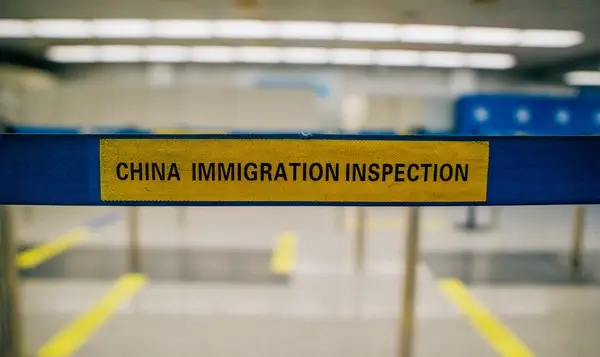Table of Contents
- Understanding Migration
- Types of Migration
- Causes of Migration
- Theories of Migration
- Consequences of Migration
- The Future of Migration
Understanding Migration
Migration is a multifaceted sociological phenomenon that has shaped human societies for millennia. It involves the movement of individuals or groups from one geographical area to another, often crossing significant distances and political boundaries. Migration, in its various forms, has profound impacts on the economic, social, cultural, and political structures of societies. This article introduces the foundational aspects of migration, exploring its types, causes, consequences, and the evolving theoretical frameworks that sociologists use to understand it.
Migration is not merely about physical relocation; it encompasses a wide range of individual and collective motivations, structural factors, and social implications. Migration can be voluntary or involuntary, permanent or temporary, internal or international, and can occur due to diverse factors, such as economic needs, political conflicts, environmental disasters, or social aspirations. The reasons for migration and its effects on both origin and destination societies make it a key area of study within sociology.
Types of Migration
The sociological study of migration often categorizes it into distinct types based on several factors: duration, distance, motivations, and legality. Each type reveals different sociological dynamics and implications for both individuals and communities.
Internal vs. International Migration
- Internal Migration: This involves movement within the borders of a country, such as rural-to-urban migration or migration between regions. Internal migration is often driven by economic opportunities, educational aspirations, or improved quality of life. In many developing countries, rapid urbanization is fueled by internal migration as people seek better livelihoods in urban centers.
- International Migration: This involves crossing national borders and is often subject to legal and administrative processes. International migration can be voluntary, such as when people move for job opportunities, or involuntary, as in the case of refugees fleeing war or persecution. This form of migration introduces complexities, including citizenship, integration, and cultural assimilation.
Voluntary vs. Involuntary Migration
- Voluntary Migration: Individuals or groups willingly relocate, typically seeking better living conditions, economic opportunities, or education. Many labor migrants, for instance, move to countries with better job markets or higher wages. Voluntary migration is generally associated with agency and choice, though it is often influenced by structural inequalities.
- Involuntary (or Forced) Migration: Involuntary migration occurs when people are forced to leave their homes due to factors beyond their control, such as natural disasters, conflicts, or persecution. Refugees, asylum seekers, and internally displaced persons (IDPs) are examples of individuals affected by forced migration, often facing complex legal and social challenges in their new locations.
Permanent vs. Temporary Migration
- Permanent Migration: Some migrants relocate with the intention of settling permanently in a new place, often seeking citizenship or long-term residency in the host country. Permanent migration often involves family reunification, integration, and adaptation to new cultural and social norms.
- Temporary Migration: Temporary migrants relocate for a specific period, often tied to employment contracts, education, or seasonal work. Many countries have visa policies that regulate temporary migration, such as student or work visas, which limit the duration and purpose of stay.
Causes of Migration
Migration is often a response to a complex interplay of “push” and “pull” factors, where push factors drive people away from their origin, and pull factors attract them to a new destination. Understanding these causes provides insight into why migration occurs and how it affects both sending and receiving societies.
Economic Factors
Economic factors are perhaps the most common motivators for migration. People move from regions with limited economic opportunities to areas with more favorable job markets, higher wages, or better living standards. For instance, labor migration is common from developing countries to more developed regions, where workers fill essential roles in industries such as agriculture, construction, and healthcare.
Social and Cultural Factors
Social factors, including family reunification, educational aspirations, and cultural affinity, also play a role in migration. People often move to reunite with family members who have previously migrated, or they may seek better educational opportunities abroad. Additionally, cultural ties, such as language, religion, or shared heritage, can make certain destinations more appealing.
Political and Environmental Factors
Political instability, armed conflicts, and human rights violations can force individuals to flee their home countries in search of safety and security. These factors often lead to forced migration and create refugee populations, who may face challenges in securing asylum or resettling in foreign countries. Environmental factors, such as climate change, natural disasters, and resource scarcity, are increasingly recognized as drivers of migration. Rising sea levels, desertification, and extreme weather events displace populations, creating a category of “environmental refugees.”
Theories of Migration
Several theoretical frameworks help sociologists understand migration dynamics. These theories explore the motivations behind migration, the factors that sustain migratory flows, and the broader social consequences for both origin and destination societies.
Neoclassical Economic Theory
Get the full article AD FREE. Join now for full access to all premium articles.
View Plans & Subscribe Already a member? Log in.





